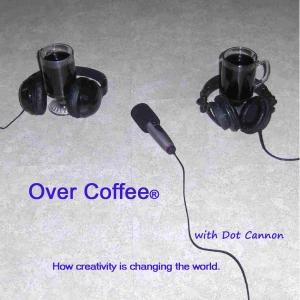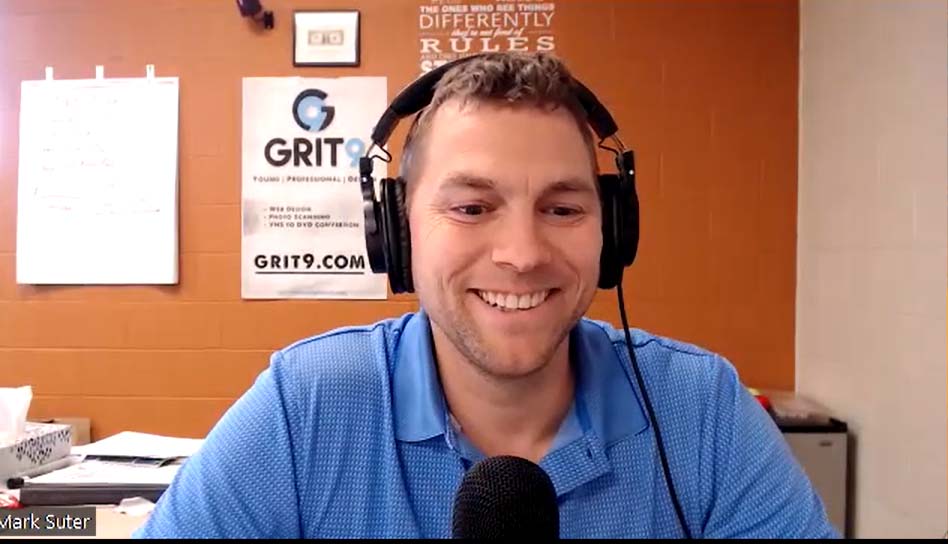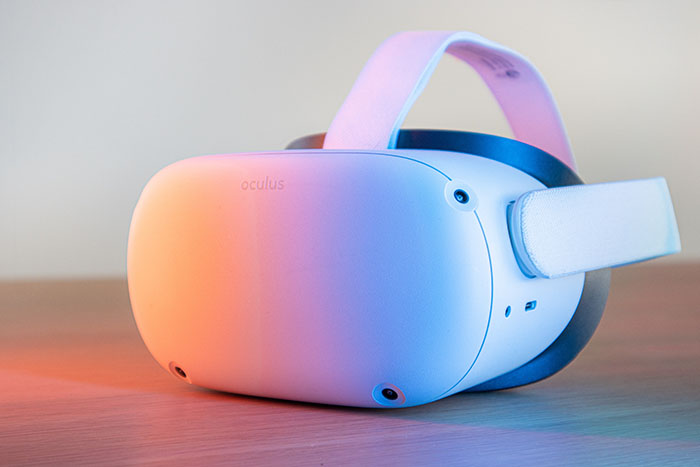Over Coffee® | Stories and Resources from the Intersection of Art and Science | Exploring How to Mak

A Professional Approach to VR

Virtual reality is about so much more than gaming.
And when multiple award-winning computer science educator Mark Suter teaches VR, he directs students towards real-world problem-solving.
Mark, who teaches at Elida High School in Elida, Ohio, is also the co-author of Bowling Green University’s M.A. program in immersive media. In his courses on game design, entrepreneurship and programming, he encourages his high school students to experiment, make mistakes and learn from them.
The learning experience doesn’t stop when the bell rings.
Grit 9, a student-run business, is part of the curriculum. Students can design VR simulations, websites and offer photo scanning and video work for local businesses.
In the process, they’re learning sales, communication and team coordination skills. And the related class is not about “get a good grade”. It’s all about putting in the work, contributing ideas and growing.
“Treating them like young professionals,” Mark says. “I think tying them into the real world prepares them for it.”
 (Royalty-free photo
(Royalty-free photoby Remy Gieling on Unsplash .)
However, Mark doesn’t just teach high school and postgraduate students.
If you would like some free training, that’s also a lot of fun, here’s where to access his beginner-friendly show, “VR Basic Bytes”!
Mark’s professional accolades include the Henry Ford’s Innovation Nation Teacher Innovator of the Year Award. He is also a Microsoft Certified Innovator Expert.
Mark talked about his experiences guiding his students, shared some favorite resources and discussed a hilarious “mistake” that was also a learning experience.
On this edition of Over Coffee® we cover:
- Mark’s recollections from his own learning journey, as he first started learning to create with VR and teach it to his students;
- How an artist or educator might put virtual reality to work in these areas;
- The partnership experience through which Mark took his game-design class with a local business as a client:
- The creative process involved;
- What’s involved in his beginner-friendly high school course;
- Why Mark tells his students that “failure is highly encouraged”;
- A safeguard, for when students do make errors, so their work isn’t lost;
- Mark’s favorite resources for creating with VR;
- What to use, instead of code, to perform some basic functions in VR;
- How Mark introduces his students to coding;
- Several ways to share created VR apps;
- Where to find Mark’s beginner-friendly VR training (it’s free!), and where he’ll be speaking in the future;
- A mistake one of his students made that Mark found hilarious (and a learning experience);
- How Mark’s approach to preparing students to work in immersive tech has changed since he first started teaching;
- Why Mark wants students’ approach to learning (and his to teaching them!) to be “entrepreneurial”.






 Visit Podcast Website
Visit Podcast Website RSS Podcast Feed
RSS Podcast Feed Subscribe
Subscribe
 Add to MyCast
Add to MyCast